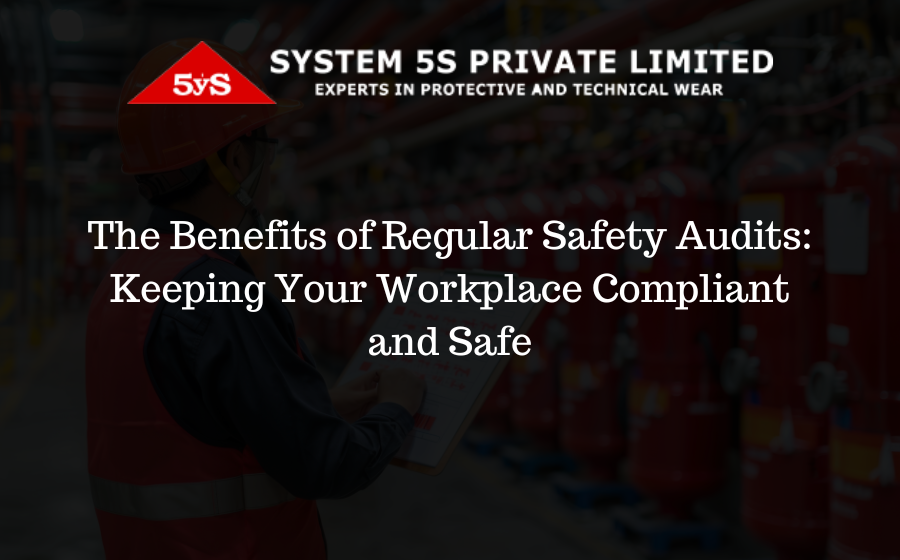
Workplace safety is a non-negotiable aspect of any business, particularly in industries where employees are regularly exposed to hazards such as fire, heavy machinery, chemicals, or extreme temperatures. While safety protocols and protective equipment are crucial, they are not enough to ensure a completely safe working environment. This is where regular safety audits come into play.
A safety audit is a systematic evaluation of workplace practices, equipment, and procedures to ensure they meet regulatory standards and provide a safe environment for workers. Conducted at regular intervals, these audits help identify potential risks and rectify them before they result in accidents, injuries, or even fatalities. In this blog, we will explore the key benefits of regular safety audits and how they contribute to keeping your workplace both compliant and safe.
One of the primary benefits of regular safety audits is the ability to identify hazards before they become significant risks. Safety audits allow employers to assess all aspects of the workplace—from equipment and machinery to protocols and employee behaviors—to detect any safety gaps or emerging hazards.
Benefits of Early Hazard Identification:
In any industry, staying compliant with safety regulations is essential. Regulatory bodies such as OSHA (Occupational Safety and Health Administration) or BIS (Bureau of Indian Standards) have set guidelines that businesses must adhere to in order to ensure the well-being of their employees. Failing to comply with these regulations can result in costly fines, legal consequences, and, more importantly, compromise worker safety.
A strong safety culture in the workplace is essential for preventing accidents and fostering a sense of responsibility among employees. Regular safety audits serve as a tool to reinforce safety values and demonstrate that the company prioritizes the well-being of its workers.
Benefits of a Strong Safety Culture:
While safety audits may require an investment of time and resources, they ultimately lead to significant cost savings in the long run. Addressing potential hazards before they lead to accidents reduces the costs associated with injuries, lawsuits, workers’ compensation claims, and equipment repair.
Employees are more likely to stay with a company that takes their safety seriously. Regular safety audits not only make workers feel valued and protected, but they also demonstrate the company’s commitment to creating a safe and secure working environment.
No safety protocol is perfect, and over time, new challenges and hazards can emerge. Regular safety audits provide a framework for reviewing and updating safety policies, ensuring that they remain relevant and effective in the face of changing workplace dynamics.
In the event of an incident or legal action, having a record of regular safety audits can serve as proof of your company’s due diligence in maintaining a safe work environment. This documentation can protect your business from legal liabilities and demonstrate your commitment to worker safety.
Regular safety audits are an essential tool for maintaining a compliant, safe, and efficient workplace. They offer numerous benefits, from early hazard identification and regulatory compliance to cost savings and improved employee morale. By conducting thorough safety audits at regular intervals, businesses can foster a culture of safety, protect their workforce, and avoid costly accidents and legal issues.
At System 5S, we are committed to providing the highest quality protective equipment and safety solutions to help businesses maintain compliance and ensure the well-being of their employees. Reach out to us today to learn how we can help your organization achieve its safety goals.